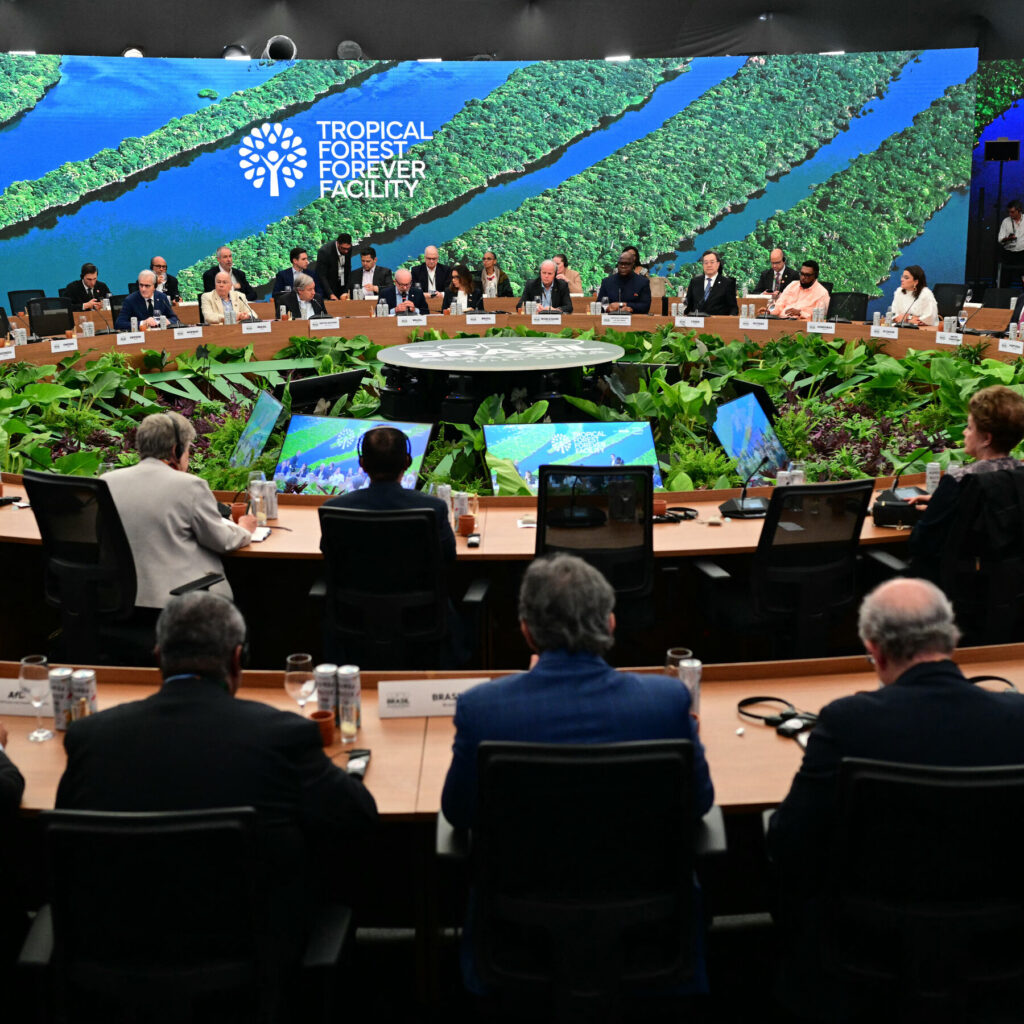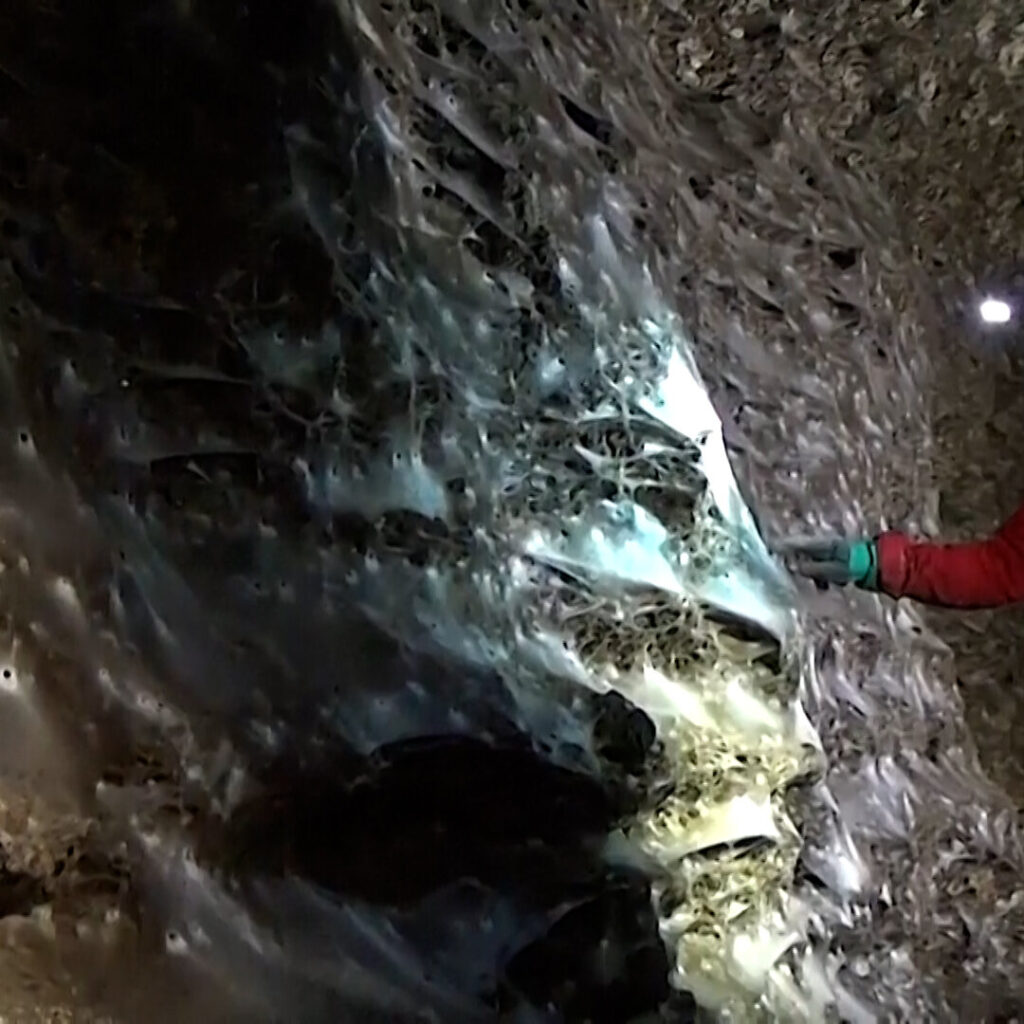World Leaders Rally at COP30, Urging Climate Action While U.S. President Dismisses the Threat

The opening session of the 30th United Nations Climate Change Conference (COP30) in Sharm El‑Sheikh was dominated by a chorus of urgent pleas from both traditional allies of the United States and nations that have often been at odds with Washington on environmental matters. Ministers from the European Union, Canada, Japan, as well as representatives of China, India, Brazil and several African countries, took to the podium to stress that the window for limiting global warming to 1.5 °C is rapidly closing.
Calls for decisive measures ranged from accelerated phasing‑out of coal and a swift scale‑up of renewable‑energy investments to the establishment of a robust financing mechanism for vulnerable nations still reeling from climate‑related disasters. “We cannot afford half‑measures any longer,” declared the European Union’s climate chief, urging richer countries to fulfill their pledged contributions to the Green Climate Fund. Meanwhile, a delegation from the Small Island Developing States warned that rising seas are no longer a distant threat but a present reality that demands immediate adaptation support.
The tone of the summit stood in stark contrast to remarks made earlier this week by President Donald Trump, who described climate change as a “con job” and dismissed the scientific consensus on global warming. In a televised interview, the president reiterated his administration’s commitment to rolling back emissions regulations and expanding domestic fossil‑fuel production, arguing that such policies are essential for American energy independence and economic growth.
Trump’s statements have drawn sharp criticism from the United States’ own diplomatic corps. Several senior officials at the State Department, who are attending the conference in a limited capacity, emphasized that the United States remains a party to the Paris Agreement and that “the American people care deeply about a clean, safe environment.” Yet the president’s rhetoric has underscored a growing divergence within U.S. policy circles, complicating the country’s ability to present a unified front at the negotiations.
Despite the president’s skepticism, a number of U.S. legislators, scientists and civil‑society groups have used the opening day of COP30 to highlight domestic efforts to curb emissions, from the rapid deployment of offshore wind farms to ambitious state‑level clean‑energy targets. “America’s future depends on the choices we make today,” said a senior senator from the Senate Committee on Environment and Public Works, urging the administration to align its actions with the global momentum building at the summit.
As COP30 moves into its second day, delegates will negotiate a new set of rules to operationalize the Paris Agreement’s “global stocktake,” aiming to lock in higher ambition levels for 2030 and beyond. The stark contrast between the international community’s call for heightened climate action and the U.S. president’s dismissive stance has set the stage for a contentious, yet potentially transformative, series of talks. Observers say that the outcome of the conference could either bridge the divide or deepen it, with far‑reaching implications for the planet’s climate trajectory.






